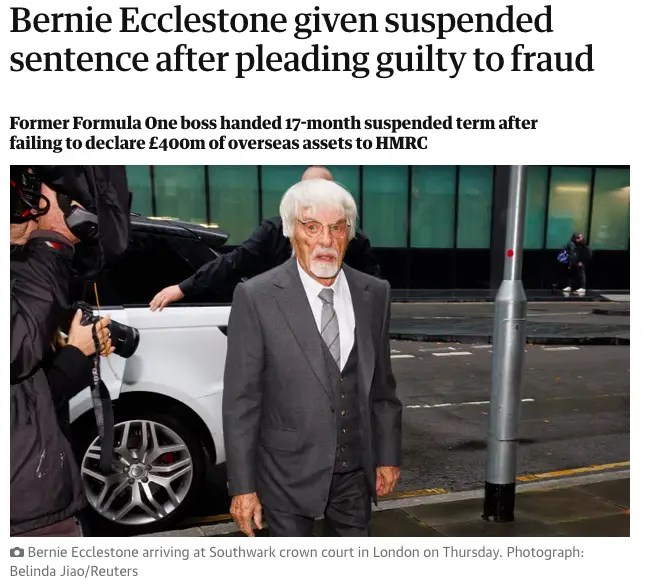In 1980 50% of young adults aged between 18-34 owned their own homes.
Today only 20% of young adults live in their own homes. (1)
This is because of increasing house prices. In the 1980s the average house price was 4 times the average wage. Today the average house price is eight times the national wage.
It now takes 13 years on average to save for a deposit on a property. Assuming you start at 22, this would mean you’d be 35 before being able to afford a place.
This is a 100% increase in the cost of the most prized possession in British society: one’s house.
House ownership is part of the British dream. The idea is you work hard, save money, and are able to buy your own place. But house ownership is becoming increasingly unreachable for younger people.
This is especially true if you live in London, where the average house price is 30 times the average wage. There is no point someone on the average salary even trying to save for a house in London.
And even if you do live in London, saving for a deposit would be a struggle for most. If you want a social life, or family, and you have to pay rent, that doesn’t leave a lot left over.
Relevance to A-level Sociology
This makes me think of Merton’s Strain Theory. A crucial part of the British Dream – house ownership – is now unreachable for most through legitimate means.
So according to Merton’s Strain Theory we’ve probably got a lot of younger adults suffering anomie.
The problem is it’s VERY difficult to gain enough money to buy your own home through illegitimate means. So there’s possibly a lot of people who are responding through ritualism, retreatism or rebellion. In other words, there’s a lot of pent up misery and anger out there.
There is some evidence in this from of surveys on home ownership.
One survey in 2022 found that 66% of Millennials and 59% of Gen Zers saw home ownership as a mark of success. (Conducted in America, sample size 2500). Affordability was the main reason for not owning a home.
Another survey of of 1500 young adults in Britain conducted in 2023 adds further support. This survey found that 81% of young adults were either Furious, frustrated or angry about housing affordability. 44% had either completely given up or thought it unlikely they would ever buy a house.

All of this suggests there is a lot of pent up frustration out there amongst Young People. This can only be made worse by the increasing inequality in house ownership. The top 10-20% of 30 somethings are able to get significant parental support for a deposit. How can this not fuel a sense of resentment? It should do because this is people benefiting from wealth they have not earned.
What is interesting is how the political elite seem oblivious to all of this. Think about how they paid so much attention to the recent cost of living crisis. But this crisis was only a 20% increase and mainly offset by wage increases. In contrast, here we have an ENTIRE two generations facing a 100% increasing in house ownership. And what have to Tories done about this: absolutely nothing.
Sources
(1) The Week, 20th January 2024, page 12.







